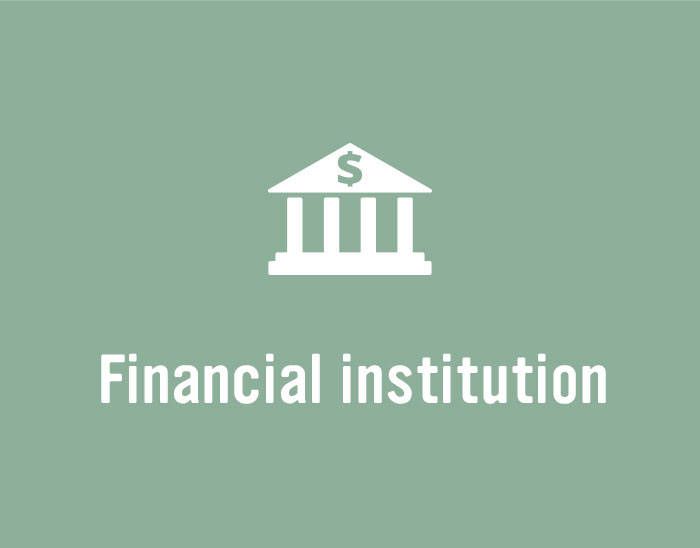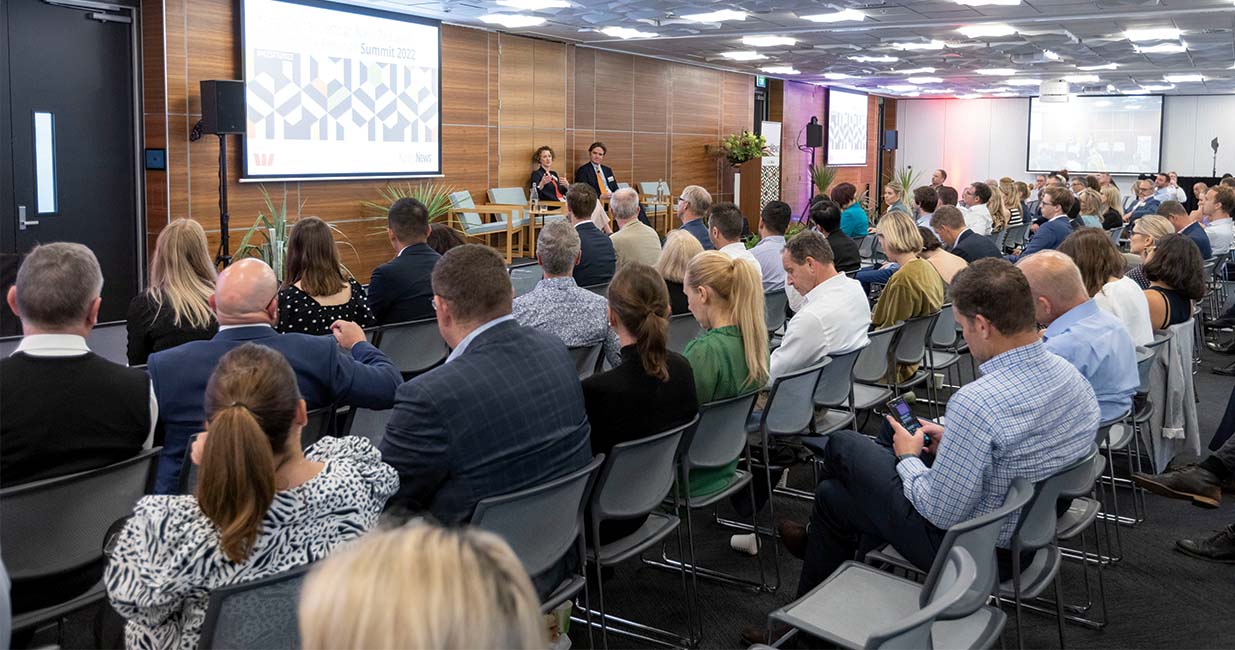
Turning intent into action
In November 2022, KangaNews and Westpac hosted the New Zealand Sustainable Finance Summit as an in-person event in Auckland, for the first time since 2020. Speakers discussed the pressing need to turn good intentions and high-level thought into action on climate transition.
"We are asking whether the existing paradigm in delivery of financial services is contributing to inequality. For example, do we need a mortgage product that allows for delivery of a different style of property ownership, particularly in vulnerable communities? Can we come up with structures that use leasehold land? The work we are doing in shared equity is really important."
The Zero Carbon Act clearly sets out New Zealand’s goals for the reduction of emissions from carbon and methane, and sets us on the path of being able to deliver. The establishment of an independent Climate Commission was critical – it has delivered us a set of carbon budgets to meet the goals in the legislation.
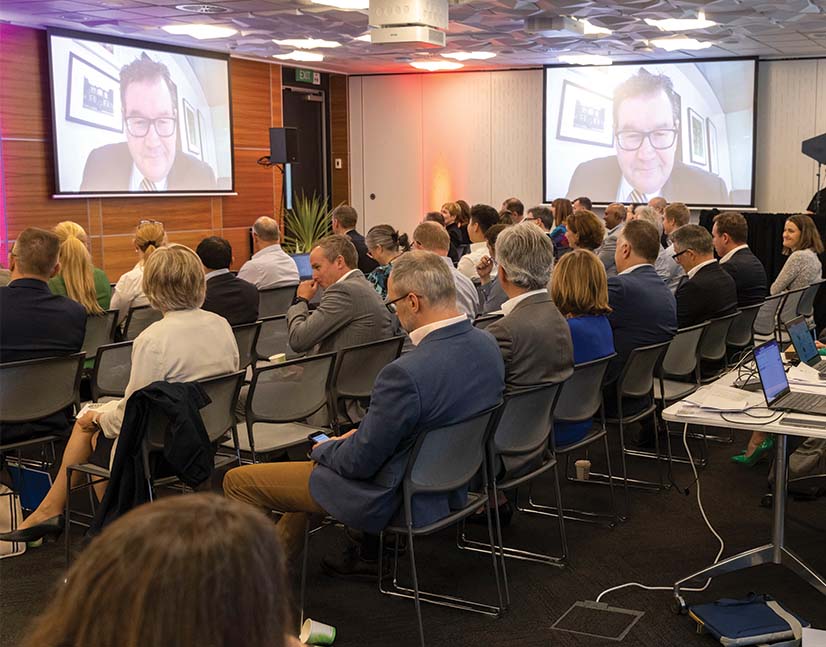
"Most sovereign programmes have between three and six use-of-proceeds categories. We have incorporated 10, which allows us to include expenditure from across the government’s agenda on climate and the environment. How each category within the programme evolves will depend on government priorities for spending, investor preferences and our own targets."
"We have certainly heard the feedback that green bonds can inherently be a more buy-and-hold product, trading somewhat less in the secondary market. We gather secondary market turnover data for all our bonds and we will be looking at these for our 2034 green bond particularly closely to determine if there is anything different about its behaviour."
"Younger investors are purpose driven: they are seeking investments that align with their values. Meanwhile, when they are considering where to work they look at a firm’s purpose and its reputation. Youth can be mobile jobwise, but they can also be quite loyal. If they see a company or organisation that aligns, they go there."
"Our clients have different levels of acceptance about the extent to which they need to be a part of the sustainability solution, but the bottom line remains that we cannot accept materially lower returns on their behalf. Fortunately, up until now we have not had to pay over the odds for sustainability-linked securities; companies have been willing to issue them for the adjacent benefits they get."
"We need to elevate the discussion about sustainable finance beyond being a discussion with CFOs about the last 3 basis points in a financial product, which might be their KPI. The conversation has to go directly to boards. They have completely different drivers than marginal pricing and there will be much more traction at this level."
"A sustainable strategy will come with cost and, in the electricity industry, it will also mean looking beyond a 10-year asset management plan. We need to think long term, trying to anticipate what decarbonisation means and what the costs to my community of things like transitioning to solar power or electric vehicles will be."
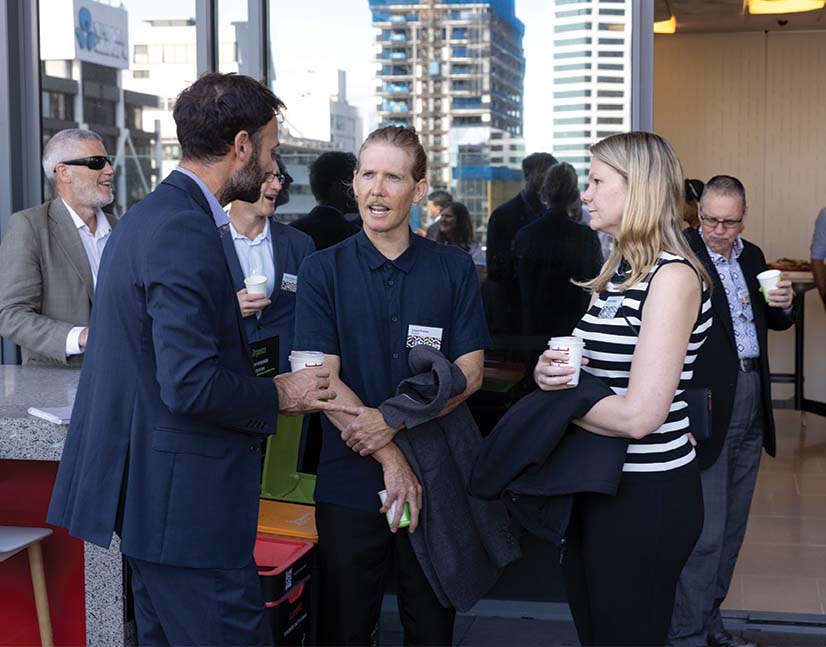
"We are pleased with the progress we have made through Toitū Tahua during 2022, working with industry leaders. We expect 2023 will bring accelerated challenges: TCFD reporting, the development of definitional
tools and the publication of sector transition plans. Structuring to meet our nationwide transition funding requirements will require creative public and private sector leadership in the year ahead."
"The drivers of reputation are trust, responsibility and leadership. Historically, sustainability has not really been an important factor – but it is growing. Consumers increasingly want to know that an organisation is being honest and transparent in the way it does business, that it treats employees and the environment well, and that it is having a positive impact on society."
"One of the exciting things that will come out of climate reporting is transition planning – not just doing risk analysis but actually producing a transition plan. This is what international investors will ask for – increasingly they are not going to be satisfied with a TCFD report containing a risk assessment but no credible transition plan."
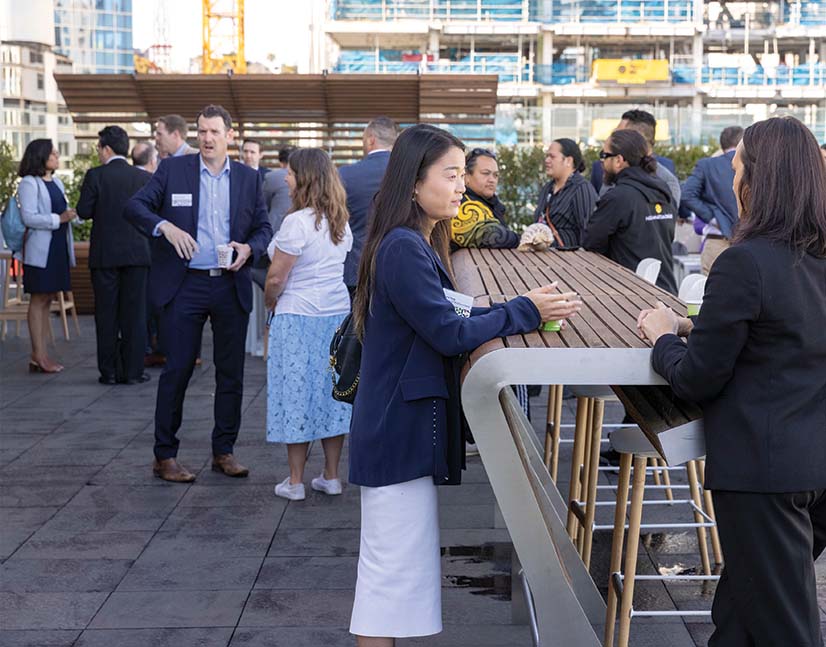
"Investment returns will always be very important. While how companies earn those returns is increasingly important, too, the reality is that most fund managers’ KPIs are investment-related rather than social-related. An investment decision in a company that can support positive sustainability outcomes will still come down to credit quality."
Regulators are speaking out about greenwashing because of the increased risk. However, there is a big difference between an issuer deliberately misleading investors, and one that sets an ambitious target and works with integrity to achieve it but falls short. I worry that the fear of future scrutiny is going to limit public statements and ambitions in a way that will negatively affect our ability to monitor and decarbonise portfolios.
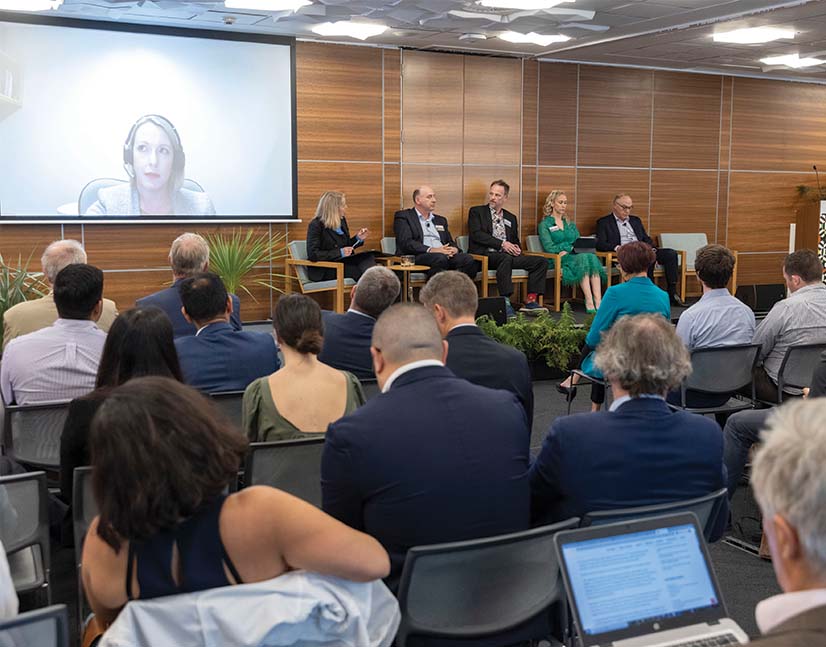
"We cannot address the climate crisis and larger social issues if capital is flowing in the opposite direction to where we all should be heading. Green- or social-bond programmes are critical tools needed to finance these changes. But, in New Zealand, sustainable bond volumes from 2019 have been stable at NZ$2.5-3 billion a year, with no dramatic uptick in volume."
"If we were driven by pricing and the financial incentive we probably would not have entered into a sustainability-linked loan because it is costing us more capital upfront to invest in meeting our targets. The pricing was secondary; the funding decision was an extension of our shareholders’ commitment to sustainability targets."
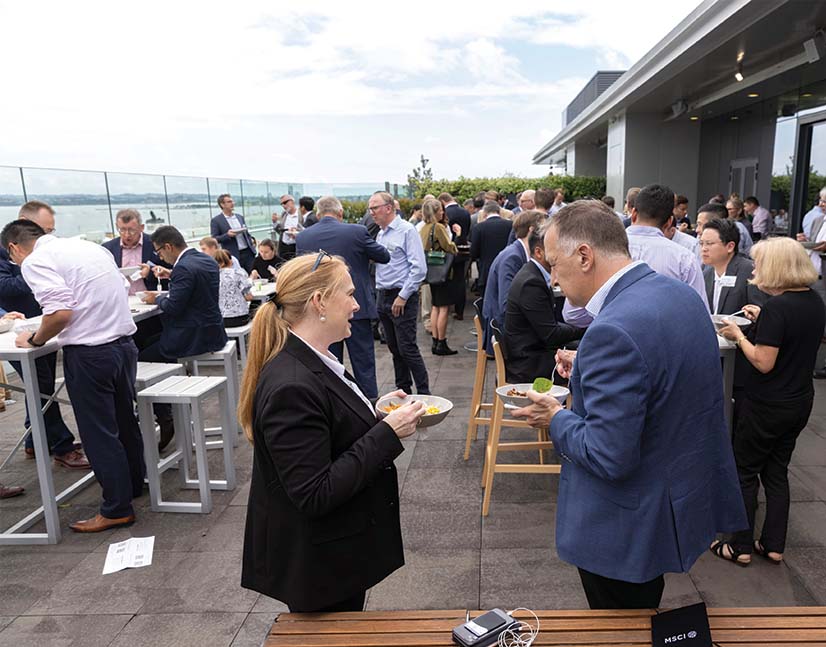
"We have relationships with three banks and the consistent message we get from them is that, if we cannot lock down our sustainability story, our cost of capital will increase to the point that we will potentially become uncompetitive. In the worst-case scenario, we might not be able to find capital at all."
"Moving now to acquire the skills and make the investments in a low-emitting future will put us in the right place, whatever the rest of the world does. In fact, whether other countries do this is irrelevant; we will be better off if we do, and if we wait we will be last in the queue for the skills and tools. This is a last mover loser world, but actually I am enthusiastic about New Zealand’s opportunity."
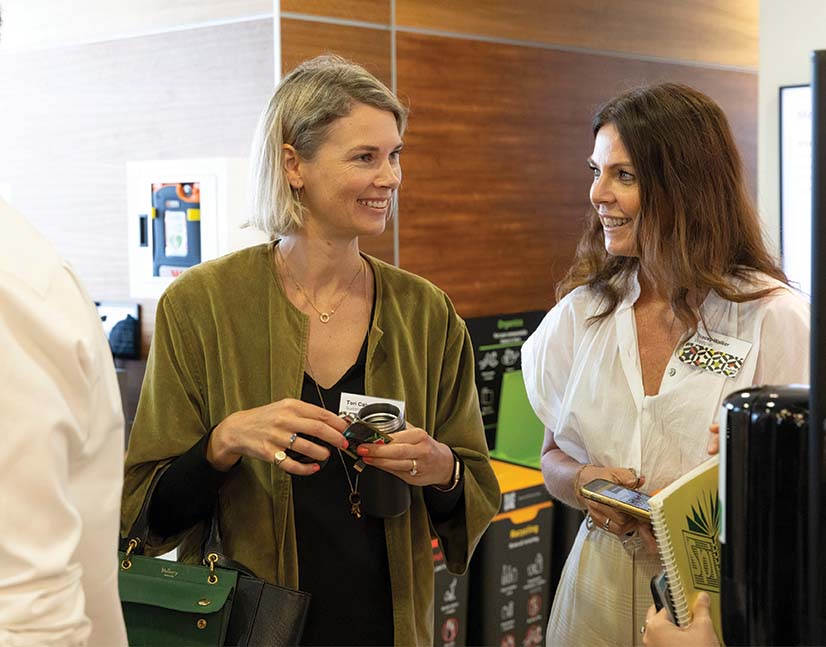
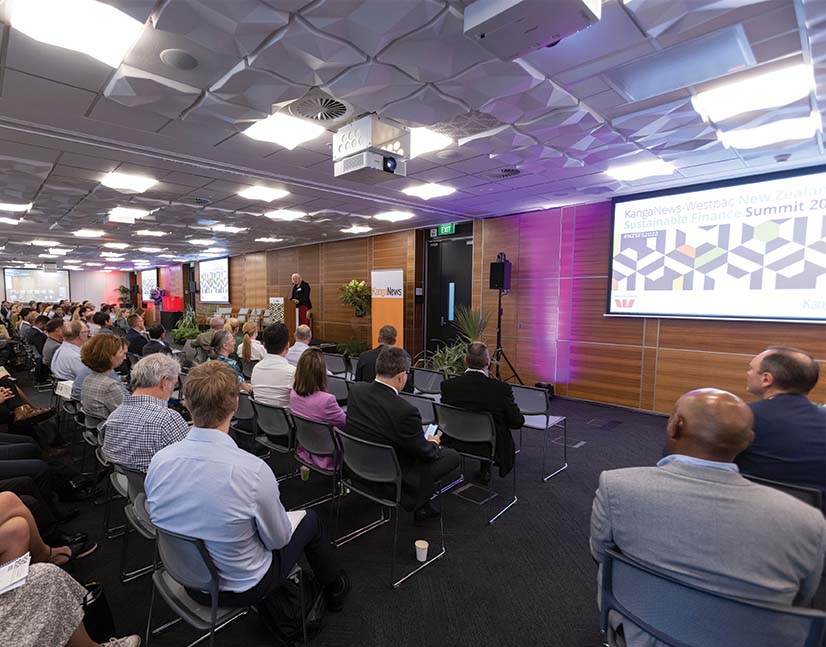
"We are quite lucky in New Zealand. We have the Zero Carbon Act, the Climate Change Commission, a national adaptation plan, an emissions reductions plan and the climate-related disclosure regime. We just need to get on with delivery. We have enough legislative infrastructure in place. It does not have to be perfect – we can refine it as we go."
Sustainability-linked structures are still relatively new and bring their challenges. We constantly need to support innovation in the market to enable a scientifically credible climate transition. But, when it comes to facilitating the needs of different corporate entities, banks, sovereign entities, investors and other stakeholders, one size does not fit all.
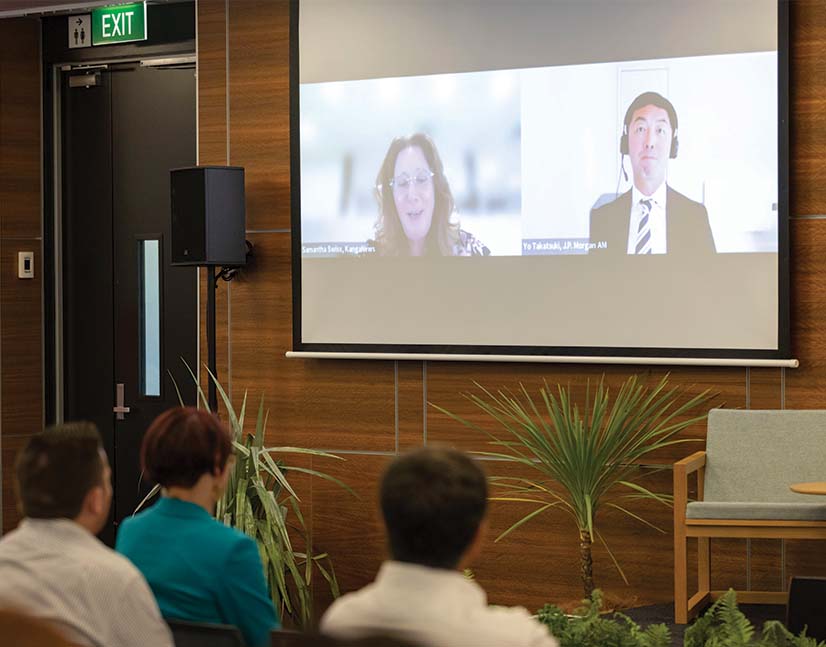
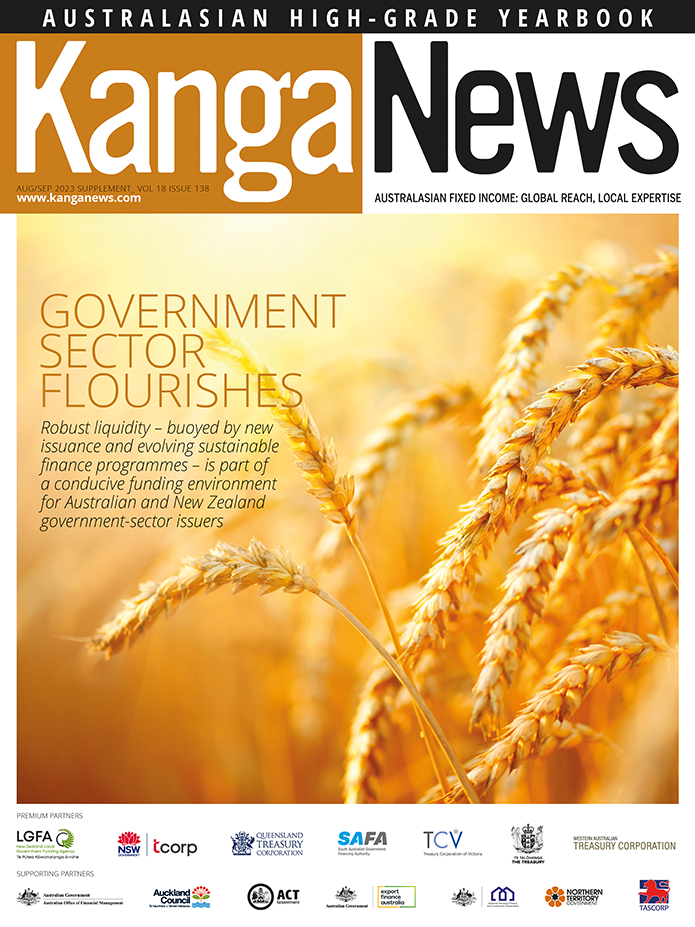
HIGH-GRADE ISSUERS YEARBOOK 2023
The ultimate guide to Australian and New Zealand government-sector borrowers.
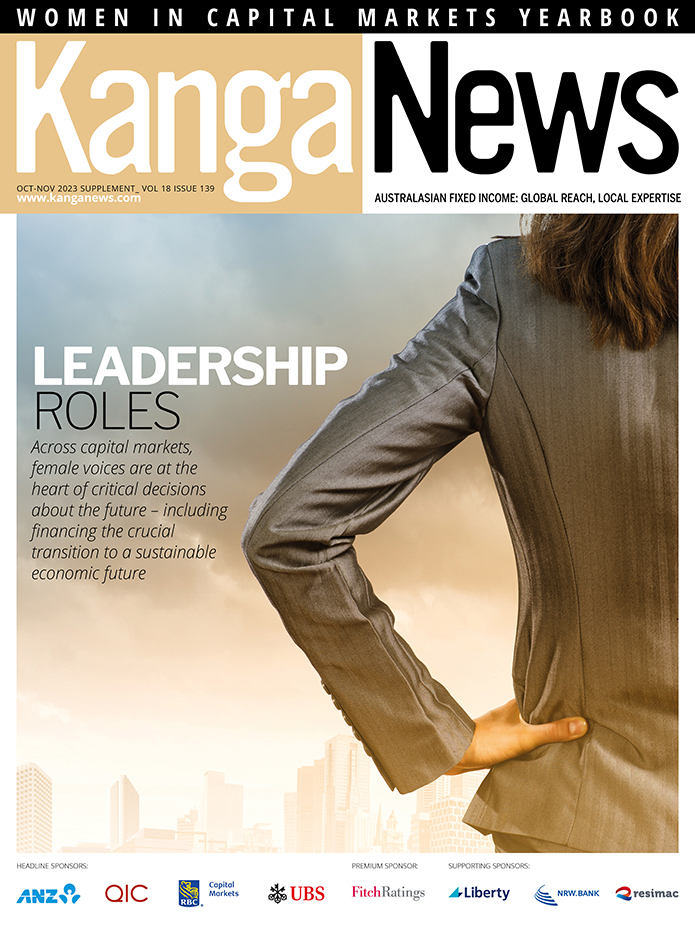
WOMEN IN CAPITAL MARKETS Yearbook 2023
KangaNews's annual yearbook amplifying female voices in the Australian capital market.










